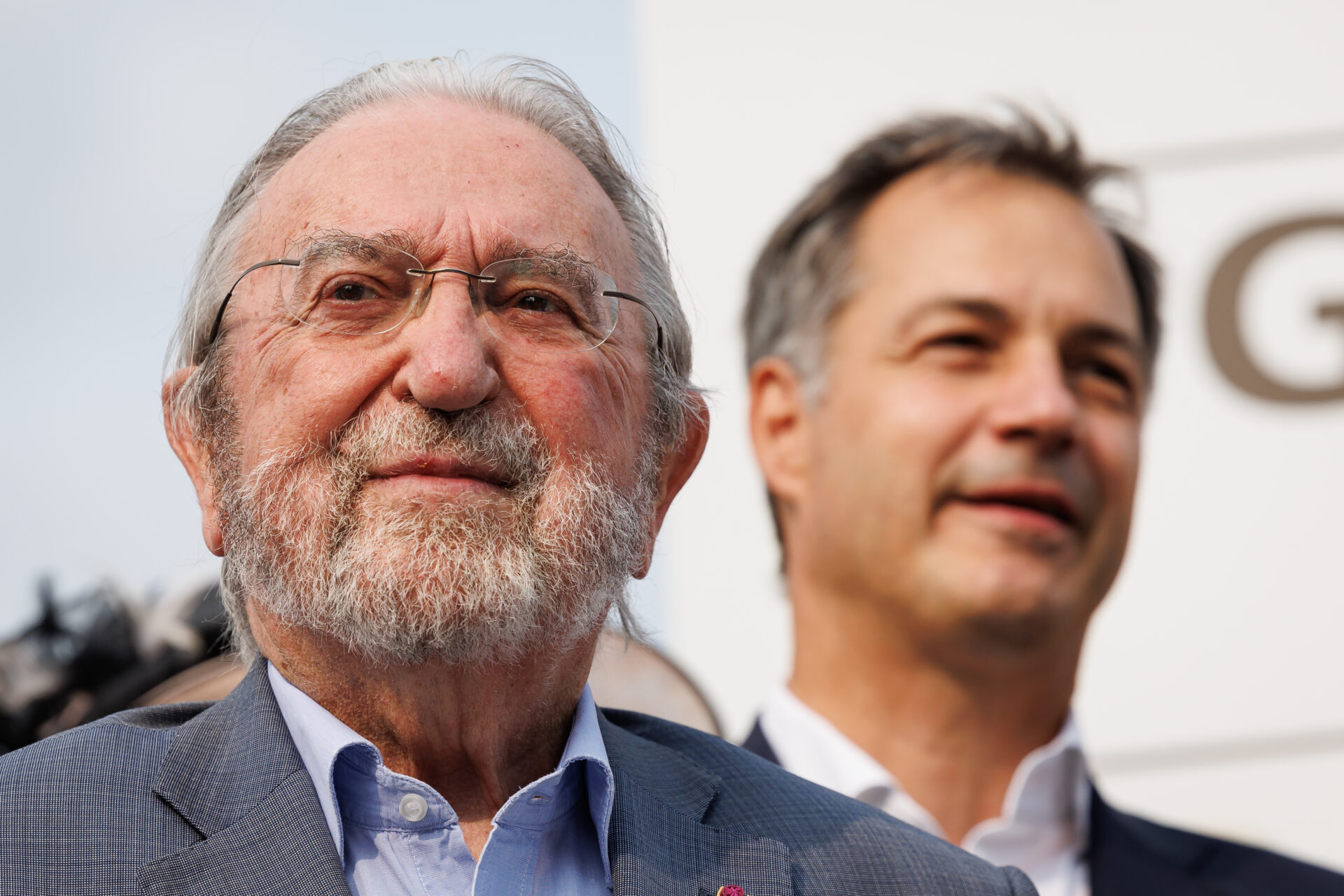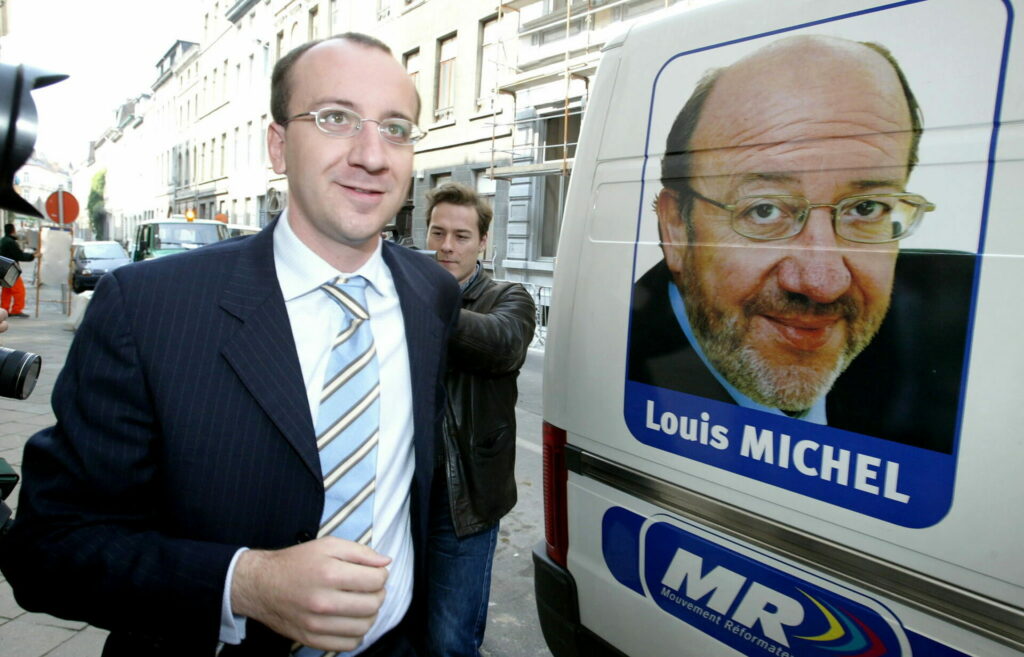Around one in ten Belgian MPs has a parent who also held a national mandate, a new study reveals.
While "political dynasties" have declined in other countries, the number of "sons and daughters of" in office has reached its highest level in Belgium since before universal suffrage.
"Political dynasties are now back to where they were at the end of the 19th century in Belgium," the authors told Le Soir. "We have seen a return to prominence of political heirs over the last 20 years."
The research, carried out by political scientists Jéremie Tojerow and Jean-Benoit Pilet at the Université Libre de Bruxelles (ULB), sought to quantify the proportion of "dynastic" politicians in office from the formation of Belgium in 1831 until 2019 (the end of the mandate that preceded the current Vivaldi government).
It was inspired by the fact that the two most recent governments were led by two men with former Ministers for fathers and were composed of politicians with similar lineages. Current Prime Minister Alexander De Croo (Open VLD) is the son of Herman De Croo of the same party. The latter was in office from 1968 to 2014, making him the longest-serving MP in Belgian history.
The current Prime Minister's predecessor was Charles Michel (MR), the son of Louis Michel, who served as Belgian Minister of Foreign Affairs from 1999 to 2004 and was European Commissioner for Development and Humanitarian Aid from 2004 to 2009.
His son has followed his father's political trajectory by turning to European institutions after rising in the ranks of national politics. And that's not the end of the dynasty – Charles has a brother, Mathieu Michel (MR), who is the current Federal State Secretary for the Digital Agenda in Alexander De Croo's government.

State Secretary Mathieu Michel (on the left), with his brother, European Council President Charles Michel (second from right) at MR's new year's conference. Credit: Belga / Nicolas Maeterlinck
In this context, the new ULB study found that the proportion of sons and daughters of peaked at 15% in 2003, with 23 out of 150 MPs in the Chamber of Representatives coming from so-called political dynasties. Since then, the number has remained above 12.5%.
In contrast, figures settled within the 3-6% bracket since the introduction of male suffrage in 1919 with exceptions of 3% in 1939 and 8% in 1977.
Who you know
Tojerow, researcher and a member of the Socialist Party (PS), cites the changing structure of political parties as a primary factor in the trend towards dynasties.
Political parties have become increasingly structured around elections, leaders' influence has grown, decision-making is more insular, and the number of party members has reduced.
With party leaders increasingly taking charge over how election candidate lists are ordered, it becomes easier for personal preferences to predominate.
"List formation becomes less a matter for members and more for a select party leadership," Tojerow explained. "In such an environment it gives an advantage if you belong to the well-known internal network."
The proof is in the figures, the researchers say. "In 2003, almost 60% of the first-time sons and daughters of MPs reached the Chamber because they were at the head of the list or acting on behalf of a candidate who gave up his or her seat. Only 13% of non-dynastic MPs were in this situation."

Father Herman De Croo and his son, current Belgian Prime Minister Alexander De Croo in the background. Credit: Belga
Despite acknowledging the bonus of growing up steeped in politics, some argue that such heritage has its disadvantages too.
"Of course the name helped me get elected for the first time," Jean-Jacques De Gucht (Open VLD) told De Morgen. "But it is annoying that after 17 years of national politics I am still dismissed as a fils à papa [daddy's boy] while there are butchers and bakers who practise the same trade as their father or mother too. Is that also a problem?"
Tojerow thinks the two situations are entirely different. "Politics is about power, baking bread is not. In a healthy democracy, everyone should have roughly the same chance to participate in power. If it turns out that a well-known family name gives you extra perks, there is a problem."

